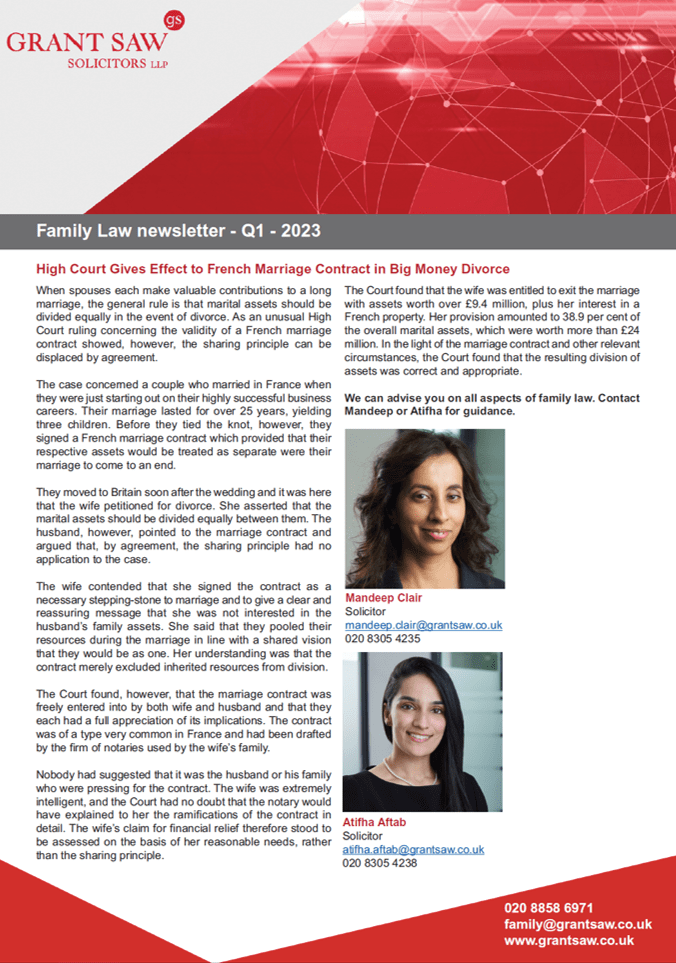Whether a person is made bankrupt by their own petition or by the petition of one of their creditors, the procedure and effects of the bankruptcy order is the same. This section assesses the duties of the bankrupt and what they must and must not do.
When a bankruptcy order has been made, the bankrupt must:
- Make their estate available to the Official Receiver or trustee in bankruptcy
- Provide an inventory of their estate and other information as required, usually by completing a questionnaire and/or attending an interview with the Official Receiver or trustee.
- Deliver all documents and records relating to the estate to the Official Receiver or trustee
If the bankrupt does not comply
There are a number of bankruptcy offences which may be committed by a bankrupt either before or after the commencement of the bankruptcy. The more serious offences carry a maximum term of imprisonment of 7 years and an unlimited fine.
Bankruptcy offences include:
- Failure to disclose all of the property comprised in the estate;
- Failure to deliver property, books, papers and records to the Official Receiver or trustee;
- Falsifying documents or records;
- Making false statements;
- Fraudulently disposing of property;
- Absconding with property;
- Obtaining credit in excess of £500 without disclosing that they are bankrupt;
- Engaging in business under a business name used prior to the bankruptcy.
If the bankrupt does not do as required, the trustee can:
- Obtain an injunction against the bankrupt or third parties in possession of assets of the estate;
- Obtain an injunction requiring a third party to disclose information relating to the bankrupt’s affairs;
- The court may issue a warrant of arrest and/or seizure of any books, papers or records;
- The court may execute documents on behalf of the bankrupt to transfer property;
- The trustee may apply to the court for directions to require the bankrupt to do such things as are necessary to assist with the administration of the bankruptcy;
- The bankrupt may be required to appear before the court to answer questions;
- The Official Receiver may apply to the court for an order suspending the bankrupt’s automatic discharge, meaning that the bankrupt will not be discharged from bankruptcy on the usual one year anniversary and will continue to be subject to the more strict restrictions against them;
- The Official Receiver or trustee may even apply for an order for the re-direction of the bankrupt’s incoming post for a period not exceeding 3 months.
The Official Receiver or trustee has wide powers in connection with the administration of the bankrupt’s estate and failure to comply with them can have serious consequences for a bankrupt. For more information, please email litigation@grantsaw.co.uk or contact our insolvency experts on 020 8858 6971.
Meet the Role of the bankrupt individual team















































